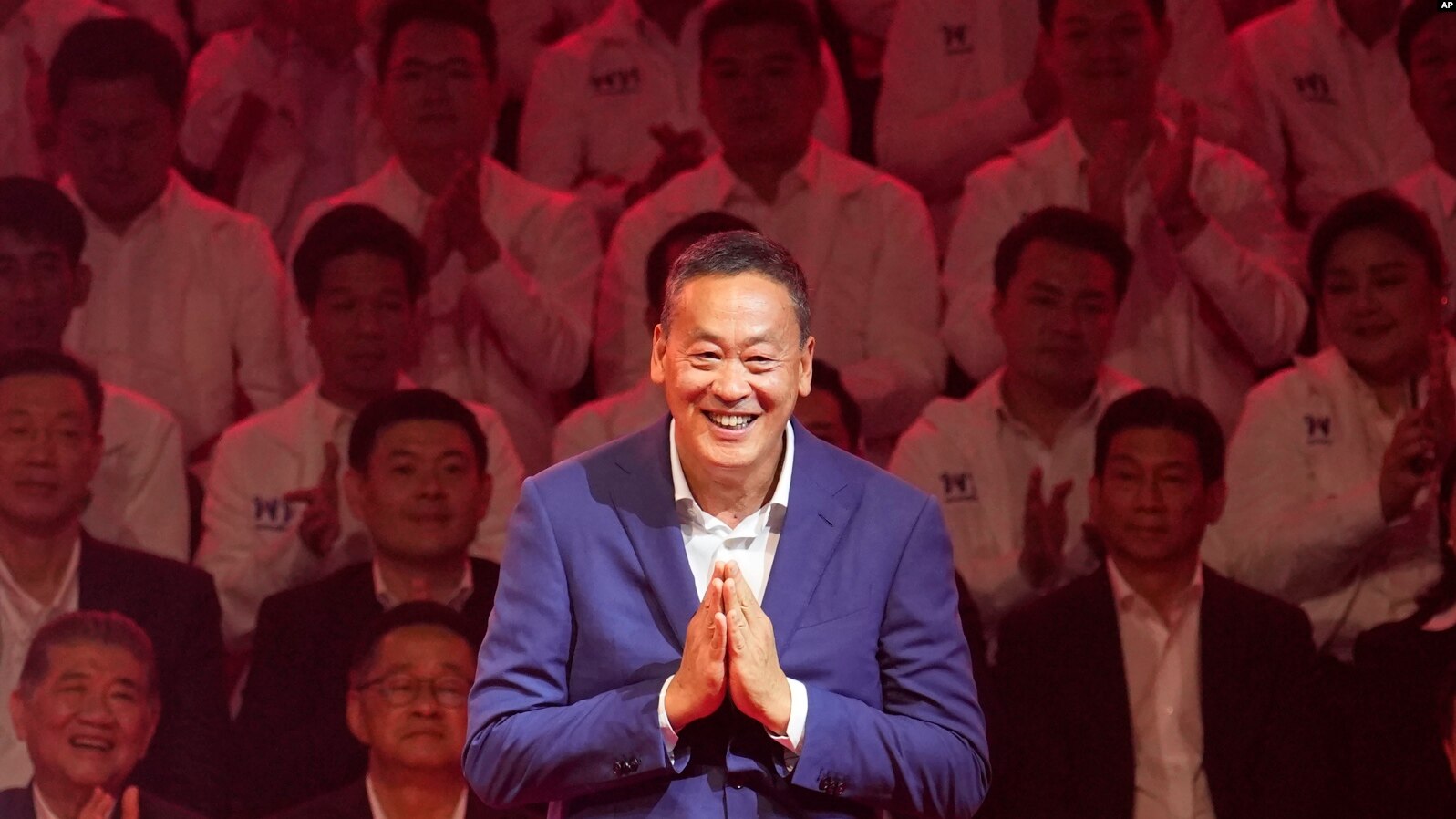The Thai government, under the leadership of Prime Minister and Minister of Finance Srettha Thavisin, has recently unveiled an ambitious statement of policies to the parliament. These policies encompass a wide range of areas, aiming to address pressing issues and create a better future for the Thai people. In this article, we will delve into the key aspects of the government’s policy agenda and discuss how they intend to improve the lives of the Thai populace.
- Debt Relief Across Sectors
One of the primary concerns addressed by the Thai government is the burden of debt in various sectors of the economy. Recognizing the importance of agriculture, business, and the public sector, the government has pledged to implement measures to provide much-needed relief. This initiative is expected to alleviate financial stress for farmers, entrepreneurs, and public institutions, ultimately boosting economic stability and growth.
- Reducing Energy Costs
Energy costs play a pivotal role in the overall cost of living for citizens. The government’s commitment to reducing energy costs for the public signifies a dedication to improving the economic well-being of Thai people. Lower energy expenses not only put more money in the pockets of households but also make businesses more competitive, fostering economic development.
- Boosting Tourism Revenue
The tourism sector has historically been a vital driver of Thailand’s economy. However, it has faced significant challenges in recent years due to various factors, including the COVID-19 pandemic. To revive this crucial industry, the government is focusing on policies that will attract tourists and increase revenue. This includes promoting safe and responsible tourism, investing in infrastructure, and marketing Thailand as a top destination.
- Addressing Constitutional Differences
Constitutional issues have been a source of political instability in Thailand for many years. The government’s commitment to addressing these differences is a step towards fostering a more harmonious and stable political environment. A well-functioning political system is crucial for economic growth and social development, and the Thai government is taking significant steps to ensure a more inclusive and democratic governance structure.
Mid-Term and Long-Term Vision
Beyond these immediate policy goals, the Thai government has articulated a mid-term and long-term vision for the country. This vision centers around three core principles:
- Income Generation: The government aims to create a vibrant economy that generates ample income opportunities for all citizens. By promoting entrepreneurship, innovation, and economic diversification, they seek to empower Thai people to achieve financial stability and prosperity.
- Expanding Opportunities: A key aspect of improving the lives of the Thai people is expanding access to education, healthcare, and social services. The government is committed to ensuring that all citizens have equal opportunities to access these critical services, leveling the playing field and fostering social mobility.
- Quality of Life: Central to the government’s vision is the creation of a good quality of life for all Thai citizens, marked by safety, dignity, and pride. This includes efforts to enhance public safety, protect the environment, and celebrate the rich cultural heritage of Thailand.
The Thai government, led by Prime Minister Srettha Thavisin, has outlined an ambitious and comprehensive policy agenda aimed at addressing immediate challenges and securing a brighter future for the Thai people. With a focus on debt relief, energy cost reduction, tourism promotion, and constitutional reform, the government is taking concrete steps to enhance economic stability and political harmony. Moreover, its mid-term and long-term vision emphasizes income generation, expanded opportunities, and an improved quality of life, demonstrating a commitment to the well-being and prosperity of all citizens. As Thailand moves forward with these policies, it is poised for a promising future.



